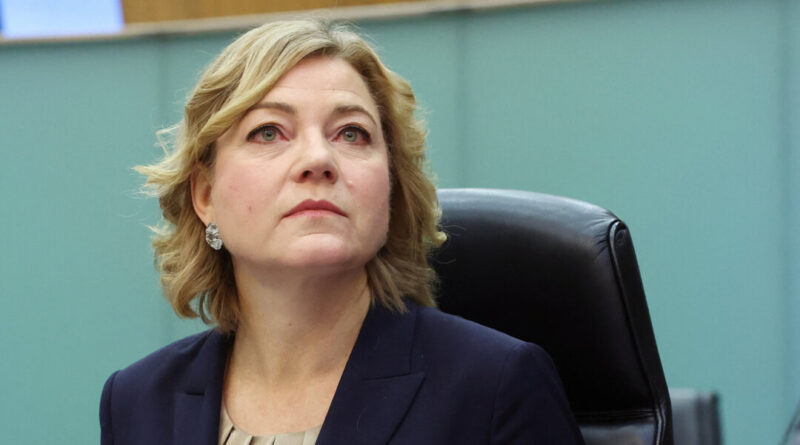EU Introduces New Digital Regulations Mandating Tech Giants to Enable Journalists to Monitor Hate Speech
The EU asserts that this action guarantees ‘a safe digital space for all,’ yet critics argue that formalizing hate speech laws is a ‘fundamental assault on freedom of speech.’
As per a revised code of conduct on online speech, the European Commission mandates that Big Tech signatories must permit a cadre of “monitoring reporters” to regularly observe hate speech notices.
The DSA is a regulation across the EU that stipulates the responsibilities of digital services.
Within the revised code, companies that are signatories must allow a network of “monitoring reporters” that are nonprofit or public entities with expertise in illegal hate speech to regularly oversee how the signatories are handling hate speech notices.
They must evaluate at least two-thirds of hate speech notices received from monitoring reporters within 24 hours.
The EU indicated that the updated code of conduct, a voluntary mechanism, builds upon a 2016 code on “countering illegal hate speech online.”
European Commission Spokesperson Thomas Regnier informed The Epoch Times via email that Facebook, Instagram, and X are among the supporters of the new code of conduct. These platforms were also part of the prior code of conduct introduced in 2016, he noted.
It was also endorsed by Dailymotion, Jeuxvideo.com, LinkedIn, Microsoft-hosted consumer services, Snapchat, Rakuten Viber, TikTok, Twitch, and YouTube.
The EU also requires signatories to provide “country-level data broken down by the internal classification of hate speech (such as race, ethnicity, religion, gender identity, or sexual orientation).”
Big Tech
Mark Zuckerberg, Meta’s CEO, declared on Jan. 7. that fact-checkers are “too politically biased” and that they “destroyed more trust than they created.”
He also criticized Europe as a zone of “censorship.”
“Europe has a rising number of regulations, formalizing censorship and impeding innovative development there,” he remarked.
Zuckerberg further mentioned on “The Joe Rogan Experience” podcast that U.S. tech companies operating in Europe were compelled by the EU to pay “over $30 billion” in fines for legal violations over the past decade or so.
The commission also commenced formal inquiries in December 2024 to determine whether Elon Musk’s X platform violated the DSA.
EU Debate
This announcement preceded an EU debate on enforcing the DSA to address “illegal content, online disinformation,” and the geopolitical and economic implications of the new Trump administration.
Corresponding to Virkkunen’s statement, Michael McGrath, commissioner for democracy, justice, the rule of law, and consumer protection, highlighted that “hatred and polarization are challenges to EU values and fundamental rights and jeopardize the stability of our democracies.”
He affirmed that the “internet is amplifying the negative impacts of hate speech.”
Andreas Schwab, EPP Group spokesman on the internal market, emphasized, “Sanctions should be promptly imposed when violations are confirmed,” and that “social media should not be used to promote polarization and erode European democracies.”
He mentioned that the EPP Group will advocate for a “Democracy Shield, which will consist of trial initiatives, to combat disinformation across all Member States.”
‘Very Severe Penalties’
In a 2024 report, Norman Lewis, visiting research fellow at the think tank MCC Brussels and former PwC director and technology research director at Orange UK, criticized the EU for establishing laws against “hate speech” and “disinformation” that represent a “fundamental assault on freedom of speech and democracy in Europe.”
The European Commission relies on officially appointed fact-checkers, some of which are NGOs.
These entities flag specific content for platforms to assess. Platforms are then obligated to take action, either by removing the content or conducting further investigations.
“The fact-checkers are not answerable to anyone. Ultimately, the commission can contend they are not censoring but it is Big Tech that is, despite the commission creating the environment that necessitates this censorship.
“Failure to act leads to extremely harsh penalties.”





